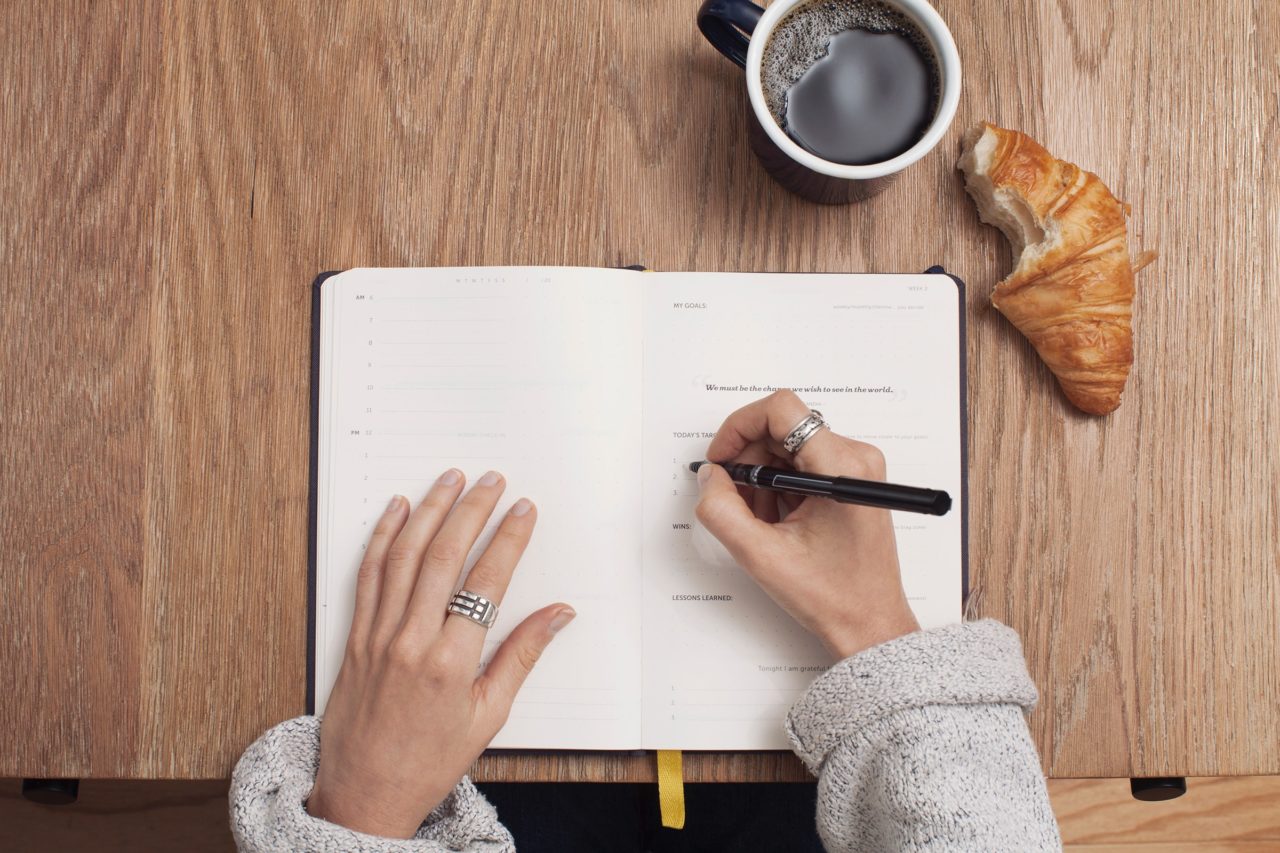Twenty-four hours can seem like a massive amount of time. Imagine waiting in line at the DMV for 24 hours, or waiting 24 hours a webpage to load. Even events and fundraisers where you stay awake for a full day can seem to drag. Yet, when it comes to trying to fit everything you need to do in a day, 24 hours can seem like no time at all. Let’s break down what goes into a full day. Assuming you get a healthy amount of sleep for an adult ( 8-9 hours), we’re left with 16 hours. Add in 1-3 hours a day spent eating we only have so much time left for commuting time, hours at work, housework, kids, or pets it often seems like you blink and suddenly the day is over, and it’s time to get some sleep.
Productivity is all about doing something effectively. When it comes to using your time effectively, it’s not just items to check off on your to-do list. Managing your time, purposefully, is a lifestyle. Maximizing your time by changing your lifestyle is a critical part of increasing your productivity.
Get a Planner
Keeping your day organized is the foundation of increasing your productivity. One surefire way of staying organized is by maintaining a planner! A planner can contain relevant obligations, reminders, appointments, lists, and any items that go into your day. Not only have options increased for paper planners, but a plethora of apps exist for keeping your day organized. Apps like Google Calendar, Microsoft Outlook, and Goalist exist to make organizing your day simple.
Manage Your Time
Managing your time can seem like a broad and vague lifestyle change, but it is incredibly crucial to making productive progress. Some simple tweaks in your day can help immensely with managing time:
- Time yourself. You can manage your time by paying attention to how long it takes you to do a specific task. Try timing yourself at work to see how long different obligations take you and factor that into your daily planning. Pay attention to your commutes and how long they take to better plan out your day.
- Rest. Taking time to rest can be as important as the amount you get done in a day. Taking scheduled breaks throughout the day can improve focus and the quality of work. Working without any breaks can not only harm your concentration but can damage the quality of the work you do.
- Give yourself deadlines. Giving yourself self-imposed deadlines can assist you in focusing better on the task you would rather not do. Set deadlines for scheduling appointments, doing household chores, or any miscellaneous obligations can motivate you to get them done in a productive amount of time.
Set Boundaries
Setting boundaries with the people in your life can often feel like you’re letting people down when the opposite is more often correct. Setting boundaries not only protects your time and energy but allows you to give more to the obligations you’ve already made. Practice not only saying “no,” but figure out the best things to say “yes” to.
Avoid Multitasking
It sounds counterproductive to suggest avoiding multitasking, but it actually produces better work. Multitasking isn’t doing multiple tasks simultaneously; it just appears that way because of the speed in which we switch between different tasks. Multitasking, in reality, is just switching between two or more different tasks quickly. Studies suggest that if we spend time giving all of our focus to one task at a time, we improve the quality of our work and save time.
It’s critical to use the time you do have productively. Amidst the business of life, being properly productive can seem like an impossible task. When you take a few minutes to look at your life and apply some basic safeguards, life becomes a lot less overwhelming and a lot more productive.
